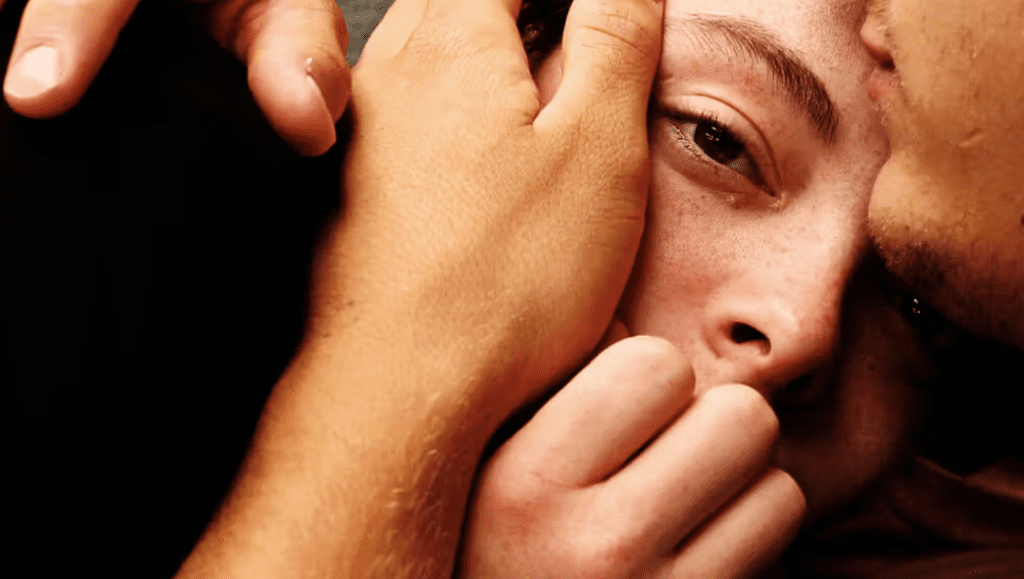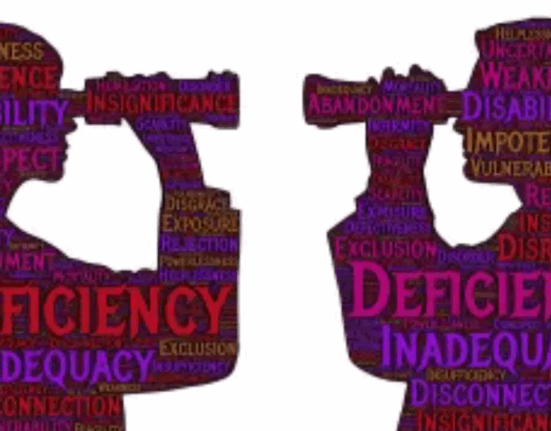Last Updated on February 2, 2024 by Rachel Hall
How Can Relationships Become Uncomfortable, And When Should We Leave?
As you might expect, I come across some truly strange relationship advice as part of my work on this blog, and as a person with an internet connection. I’ve heard good, strange advice (imagine you and your partner are on the same team, battling a problem) and bad, strange advice (invent a shared imaginary friend and then blame them when you have relationship difficulties). The advice from Hindustan Times doesn’t seem to be good or bad, simply strange. Do we need to learn to tolerate discomfort in relationships? I honestly don’t know. It’s not something I’ve ever considered.
Understanding the question
Let’s start by discussing linguistic differences. Perhaps that’s where I’m getting confused. For me, the word “discomfort” is often used within a medical setting. When I’m having a smear test, for example, the person who plans on using me as a hand puppet will tell me that I might feel discomfort before they rub cotton wool around my cervix. I’ve never had a romantic/sexual partner do anything like that. Perhaps Indian English has different connotations for the word, and a translation to British English might make things more straightforward. However, I cannot think of a good example.

Things won’t always be wonderful
Maybe it’s about a person’s ability to get through a difficult conversation. At the start of the relationship, where you’re actually agreeing to be (to use Barbie’s parlance) boyfriend/girlfriend, things can be slightly weird. There’s the fear of rejection and the general mortifying ordeal of being known. Part of me retreats to the adolescent awkwardness of a crush: yeah, I like you and think about you all the time and I want us to dance in the kitchen together, but I also cringe at the thought of you being aware of that. In a slightly more serious context, there will be times when you have to talk about something important, and that might not be a fun conversation. Couples in long-term relationships might discuss marriage, children, health issues, buying a house or figuring out a fair cleaning schedule. None of these topics fills me with delight, but they do need to be done, and those with mutual respect and a secure attachment to one another will be able to get through them.
Relationships are supposed to make you happy
As a general rule, though, your significant other shouldn’t make you uncomfortable. In fact, I’d argue that they should make you feel better when you’re down, and you should do the same for them. I think that emotional intimacy, love, trust, and the ability to tolerate your partner’s excessively loud sneezes are things which make a good relationship; creating discomfort is best avoided.

Abuse and discomfort are different
To continue: sometimes, a significant other will make you uncomfortable deliberately as a way of abusing you. Abusers might belittle your achievements, undermine your confidence or make you doubt your own perceptions to make you more malleable to their will. Embarrassing you, especially in public, will make everyone feel anxious and alienate you from people outside of your relationship. When this happens, you need to find somewhere safe and then break up with your abuser. We can tolerate an uncomfortable chat, we should not tolerate intentional harm from someone who claims to love us.
Conclusion
Should relationships cause discomfort? Ideally, no. I think strong relationships should be about sex, intimacy, empathy, romance, companionship, communication, laughter and shared values. However, it’s also important to be able to discuss topics which you might find strange, so you can understand your partner better and build a solid foundation as things progress.

Rachel Hall, M.A., completed her education in English at the University of Pennsylvania and received her master’s degree in family therapy from Northern Washington University. She has been actively involved in the treatment of anxiety disorders, depression, OCD, and coping with life changes and traumatic events for both families and individual clients for over a decade. Her areas of expertise include narrative therapy, cognitive behavioral therapy, and therapy for traumatic cases. In addition, Rachel conducts workshops focusing on the psychology of positive thinking and coping skills for both parents and teens. She has also authored numerous articles on the topics of mental health, stress, family dynamics and parenting.








Leave feedback about this